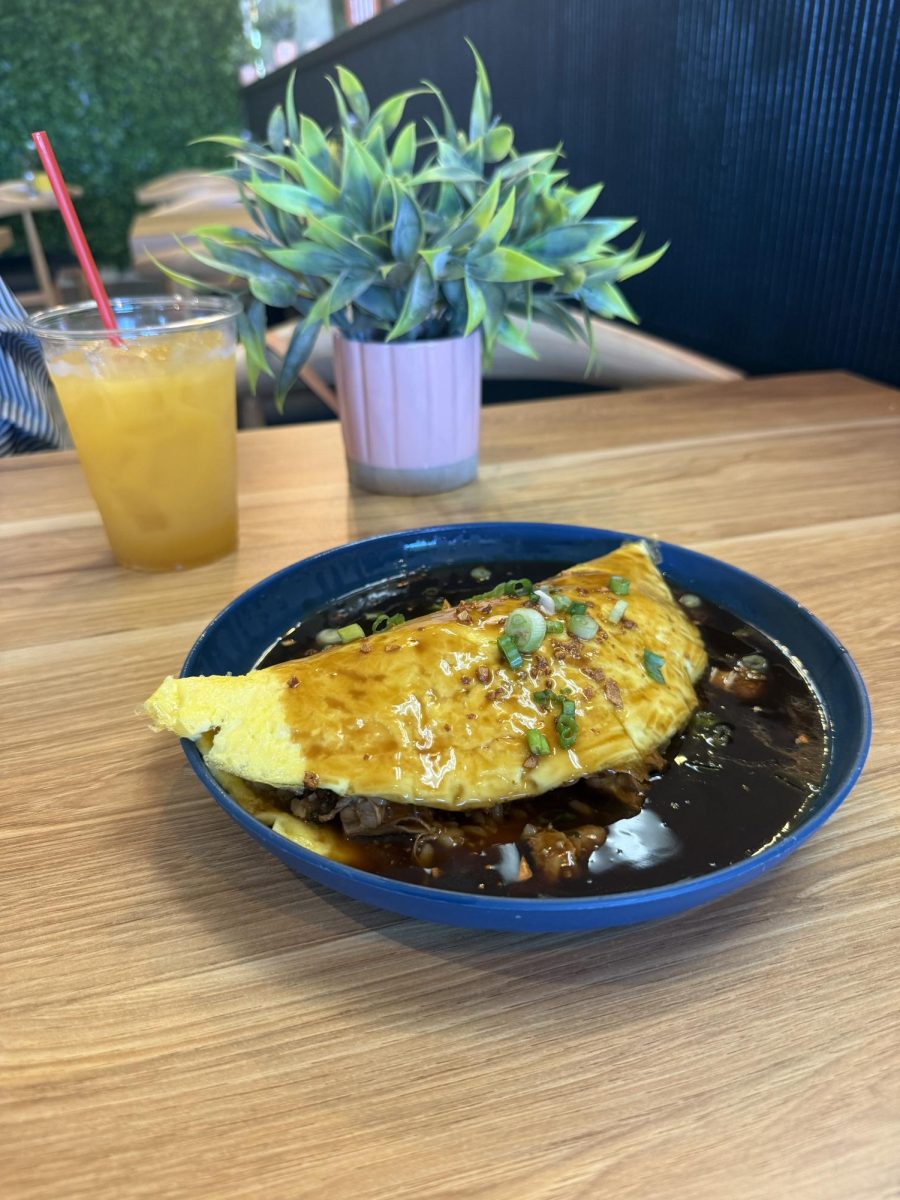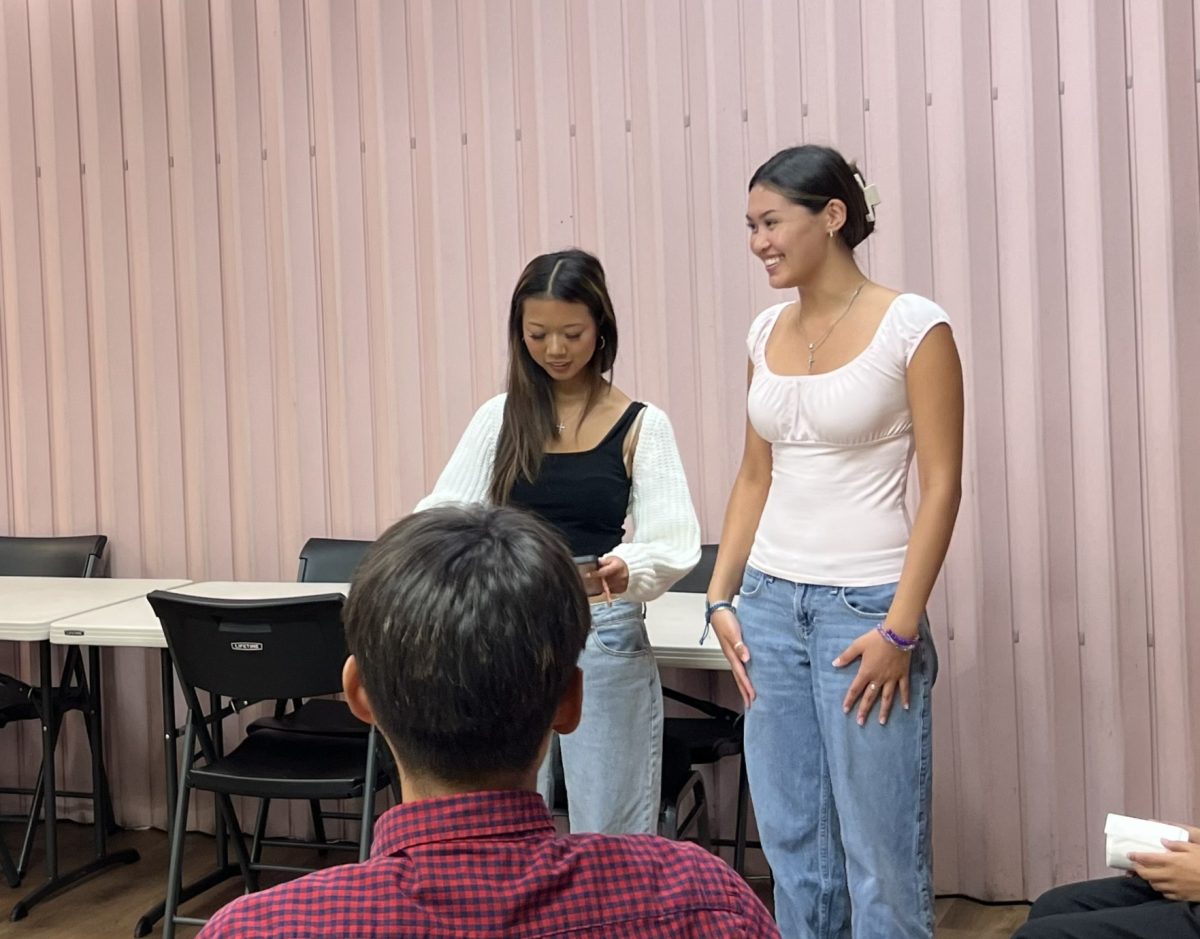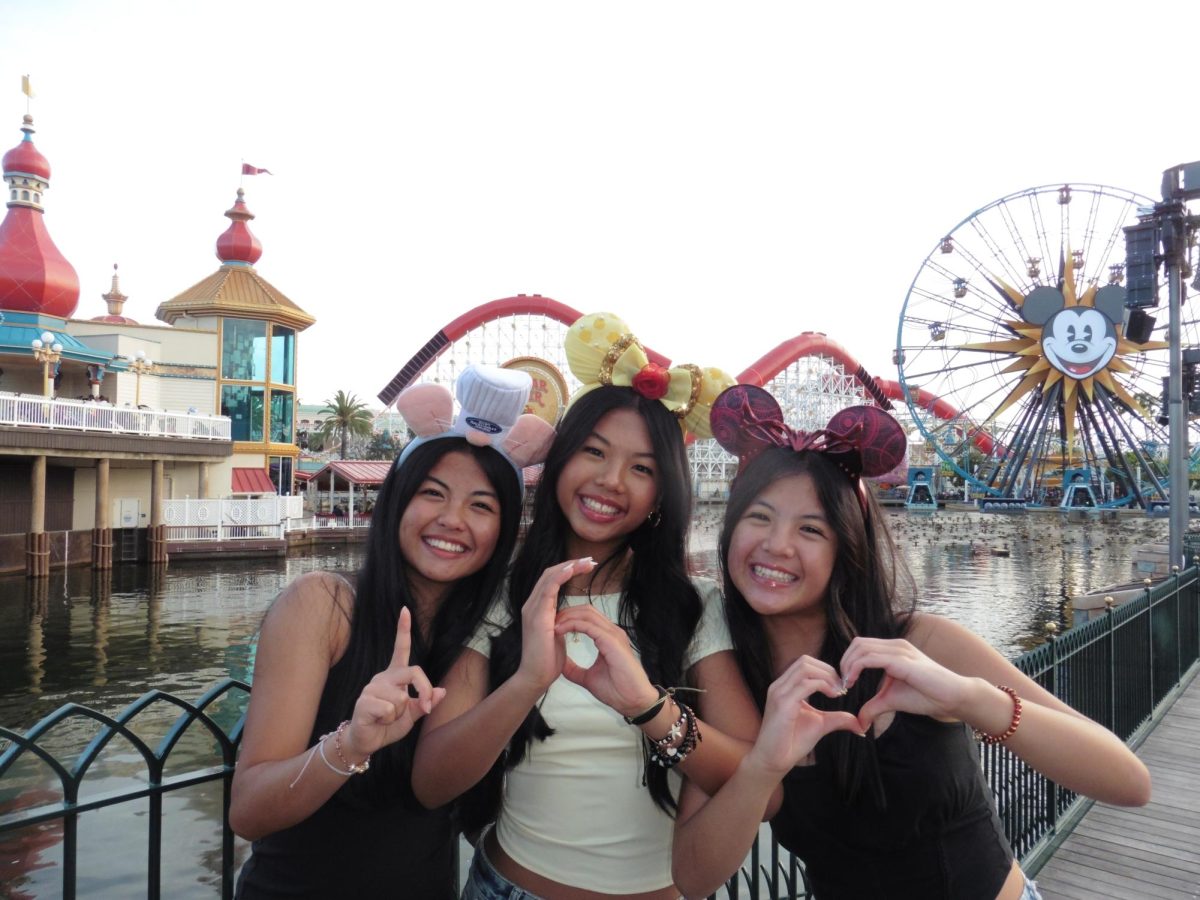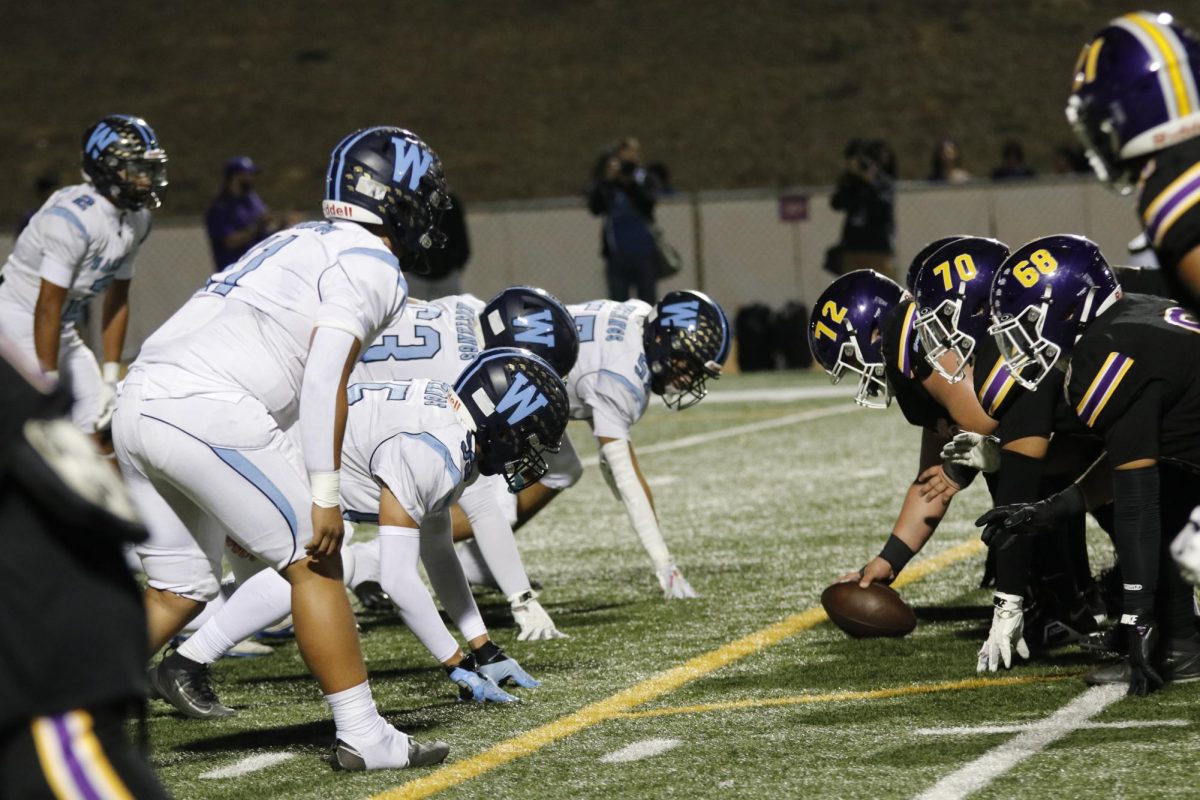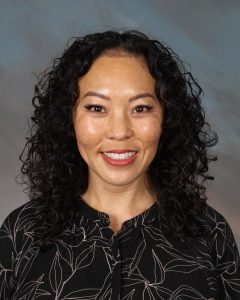Downsides of the political classroom
March 22, 2023
From our youngest years in preschool, our obedience to and respect for teachers is extolled, even lauded, in the classroom. We, as students, are taught to defer to our instructor’s rules and opinions. Somewhere along the line of maturation, many of us tend to stray away from this strict adherence. Yet, that trust placed within our teachers remains ingrained in our mentality.
Thus, when students find themselves at the expense of their teachers’ political opinions, there is potential for those opinions to have influence. Whether it takes the form of seemingly insignificant comments about the news to long-winded, blatantly political tangents, there are ways that politics often finds itself in classrooms.
Although teachers are advised to refrain from mentioning politics, in many cases, it is inevitable. Civics, history and English classes encourage students to think about their studies in the expanse of the world. Politics often come into play amid these discussions. When proceeding with caution, these types of conversations in the classroom can be insightful for students. The bulk of the problem is when teachers insert their own opinions in the classroom.
In an age where seemingly neutral topics have been polarized by politics, the insertion of teachers’ judgment in classrooms forces the narrative of their own viewpoints. Too often are phrases like “in my opinion” and “personally, I think” spouted by instructors without regard for another perspective. When teachers treat their opinions as the ultimate truth, that is when politics in classrooms should be avoided.
That is not to say that students are unable to think otherwise. However, in school, where teachers have the authoritative voice in the classroom, their individual political opinions can perpetuate misinformation. They have the power to create an echo chamber of their beliefs — those that are inherently biased due to human nature.
In some cases, students are subjected to belittlement for disagreement and occasionally, mistreatment. I can personally recount teachers commenting on masks with disdain and even expressing their disapproval directly to students.
Students can even be forced to appeal to their teacher’s opinions in order to maintain good standing in class. I have witnessed instances where teachers frame their opinions to be the ultimate answer and leave little room for students to form their own opinions.
After all, politics is a dynamic realm of thought that each individual should be allowed to determine on their own. Under rare circumstances should people in power be given the ability to influence such decision-making, and that includes teachers. Although authenticity is something that should be promoted in the classroom, teachers need to recognize their role as facilitators of conversation, rather than leaders.
In today’s world where political topics span every subject, I am not saying that politics should be completely removed from classrooms. That would be detrimental as well, as students would not be given the opportunity to connect their studies with current events. Moreover, there are some exceptions that should not be questioned, events like the Holocaust and slavery which need to be presented in their true negativity in order for students to understand the extreme cruelty in history.
Instead, political topics in the classroom must be met with discernment. When it comes to such subjects, teachers need to promote student-led discussions and act only as a moderator of respectful discourse. They should steer clear of most topics in a lecture-style environment when they are the sole voice of authority.
These practices will not prevent teachers from bringing up politics, and those who intend on doing so will undoubtedly continue. However, they can assist in mitigating the issue as we, as students and faculty at Walnut, strive to promote an environment that nurtures and includes all different kinds of thinking.


